Indisputably, safety while hunting is the most important aspect of the activity. Add in children (or people in general) who can be what one may call “loose cannons,” and safety can be an even greater concern. Enter in: hunter safety. When should you start? How should it look? Hunter safety and general firearm awareness for children should be as standard as teaching a child not to put their hand on a hot stove. Like it or not, kids will be around these things, especially if you live an outdoor lifestyle. We want to make sure it’s as safe as possible.
Here are some hunter safety tips to help create or maintain a safe home for our kids:
Tip #1: Show them the way! Be the role model you want your kids to follow and show them how to do things properly. Kids are curious by nature. It can be tempting to do things for them, but we must have tough discussions with our kids and allow them to experience them. This creates great family memories as well.
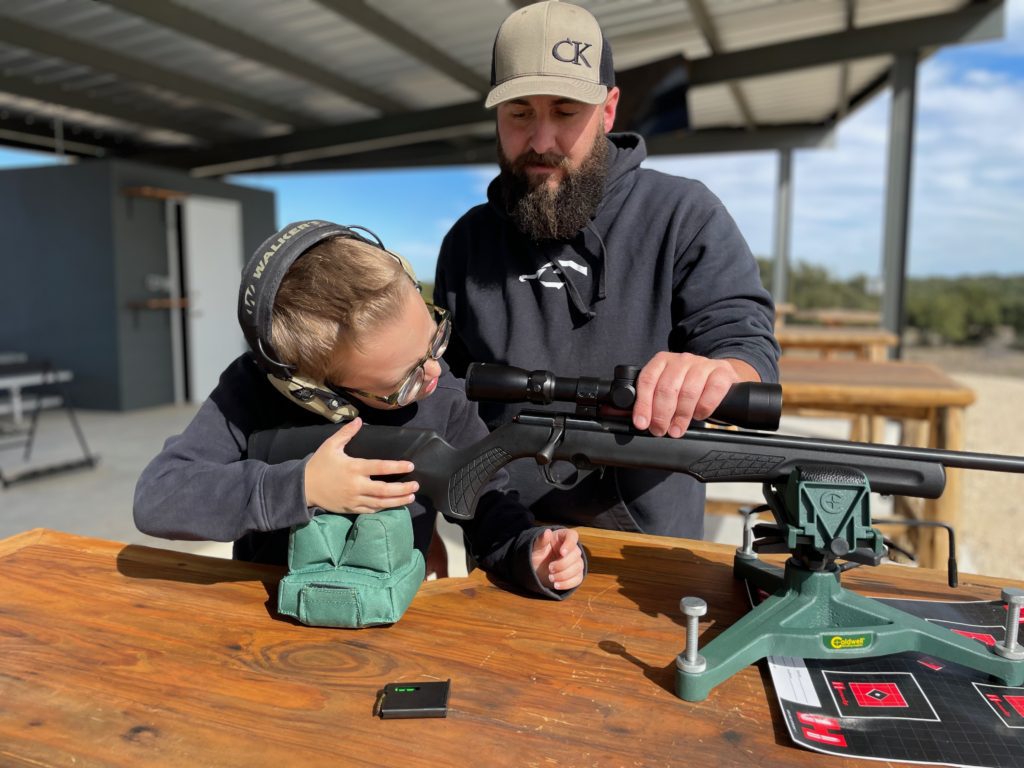
Tip #2: Let someone you trust show them. There are different ways to do things and sometimes it’s better if your kids learn from someone (you) trust. Having your kids see it’s just not you that believes these concepts are important, but it becomes normalized. Have them around other kids that are demonstrating good practices. I want to know as a momma when it comes a time my kids are going to be safe – no matter who they are out hunting with. Although I won’t always be there to control every hunting situation they may be in, I can have the peace of mind that they will know different techniques and make the choice to hunt with those that will be safe as well.
Read More: Hunting with Kids – Why You Should Take Them
Tip #3: Hunter safety certification. I cannot rave enough about this. I begrudgingly signed the kiddos up for this because I knew it was important but didn’t want to take the time to do it. It’s a commitment having them do both the online and in-person portions – and it’s a lot of information. I was surprised, however, by how much they enjoyed the class, wanted to do well, and the information they picked up. Despite it being long, they did and learned so much.
Kids should not be terrified of the idea of hunting or weapons. They should be comfortable with and educated on these topics. Now, my kids educate their friends (and even other adults,) on hunter safety. Can you say, “proud momma?”
Commonly Asked Questions
What is the youngest age for hunter safety?
There is no single nationwide minimum age for hunter-safety (hunter‐education) courses; it varies by state. For example:
- In Tennessee Wildlife Resources Agency, you must be at least 9 years old to become certified.
- In Utah Division of Wildlife Resources, there is no minimum age requirement to take the online course.
- In Illinois Department of Natural Resources youth under the age of 10 must attend with a parent/guardian, though there’s no strict minimum age to enter the course.
Do kids need a hunting license?
Yes—typically. Whether a child needs a hunting license depends on the state’s laws, the child’s age, and whether they’re supervised. For example:
- In Texas Parks & Wildlife Department a Youth Hunting License is valid for persons under 17 years of age.
- In New York State Department of Environmental Conservation persons under age 12 cannot hunt; ages 12–15 need to follow junior hunter rules and generally need a license.
- In Virginia Department of Wildlife Resources resident hunters under age 12 are exempt from a license if supervised, but non-residents under 12 still need one.
Is there a free hunter’s safety course?
Yes — in some states and programs hunter education may be offered at no cost (or very low cost) depending on the provider and sponsorship. For example:
- In Tennessee the in-person hunter education course is offered free of charge regardless of age (though certification begins at 9 years old).
- Other states may charge a nominal fee for materials or certification. It’s best to check the state wildlife agency for current course fees.
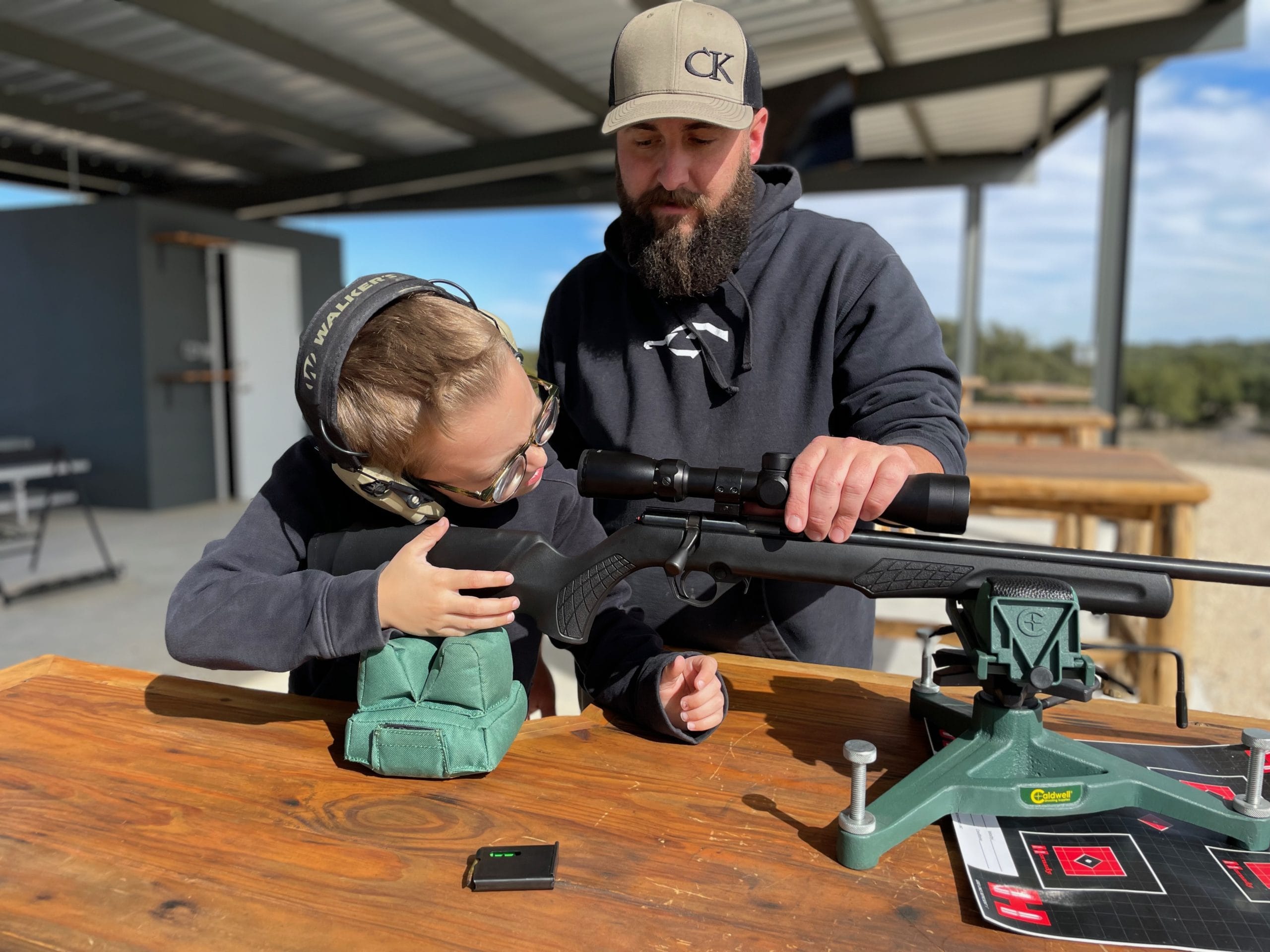
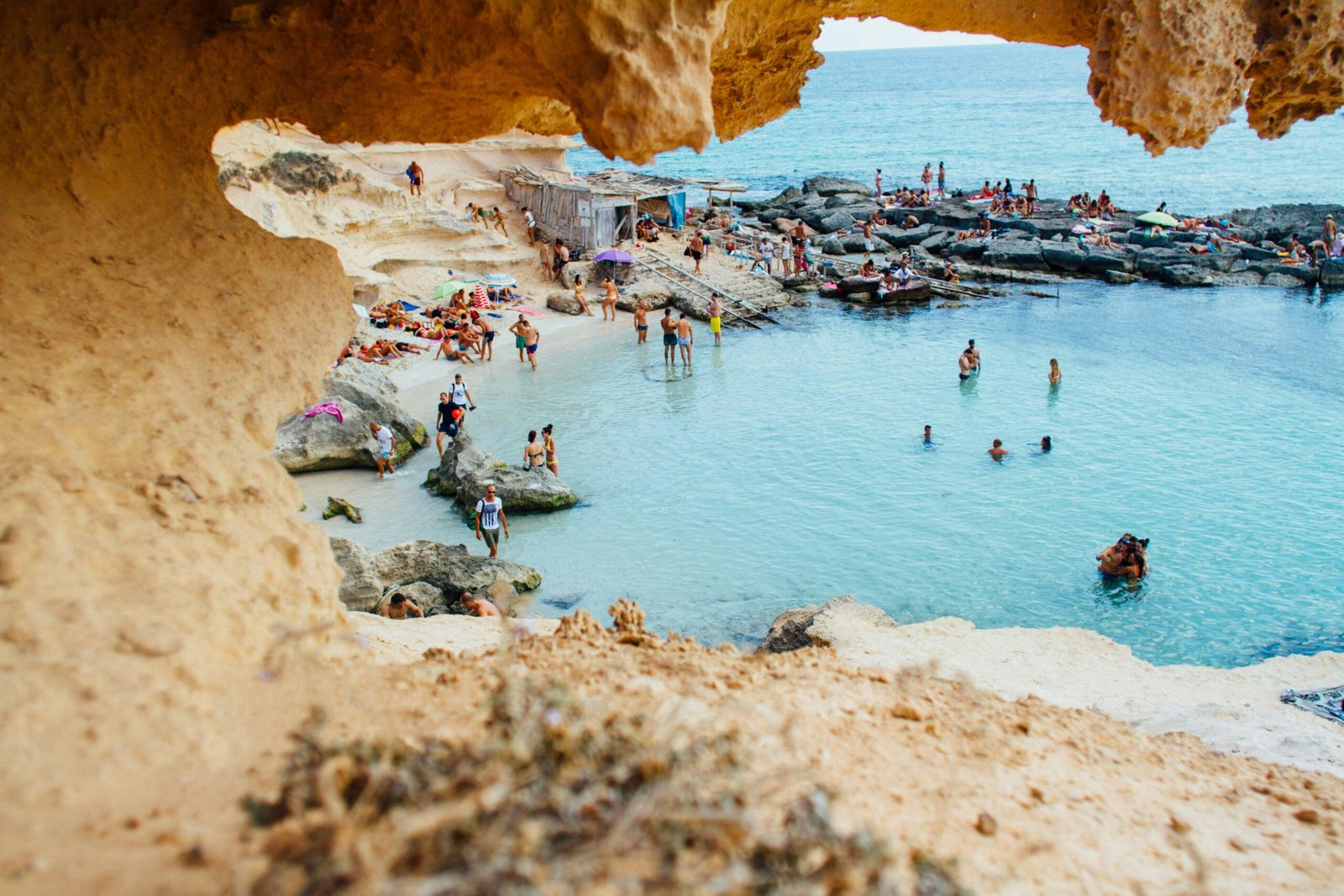

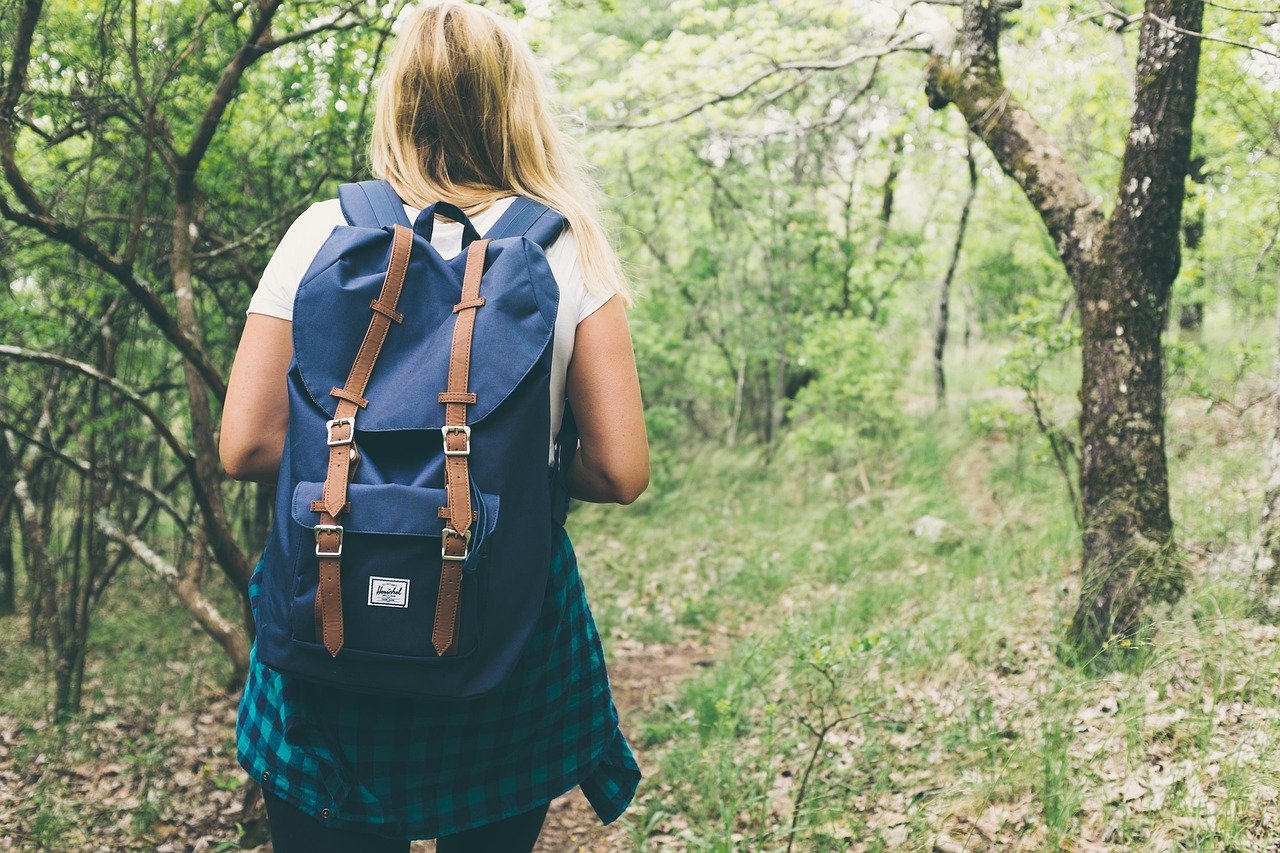
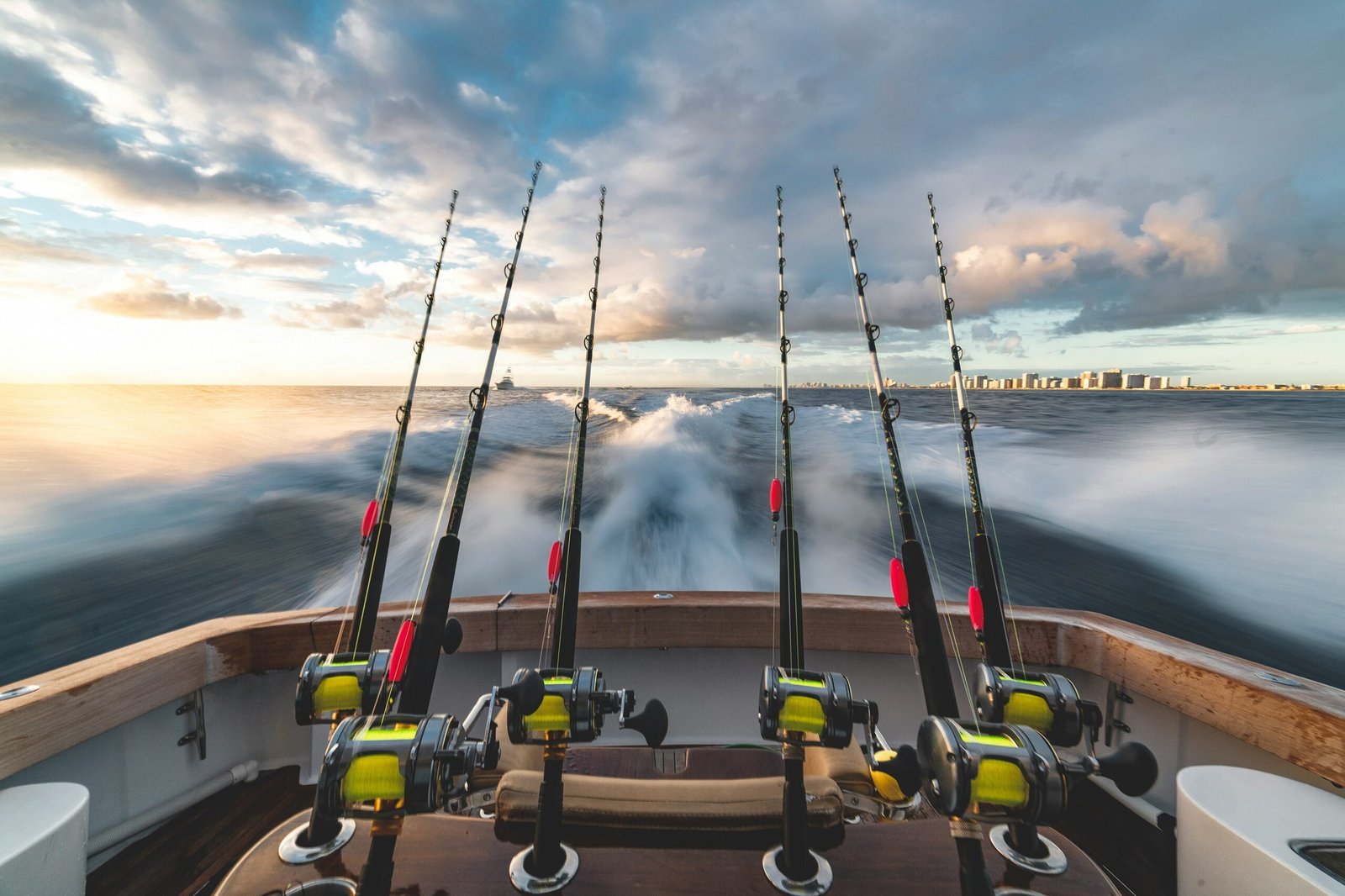
One thought on “Kids’ Hunter Safety: Vital Guidelines”